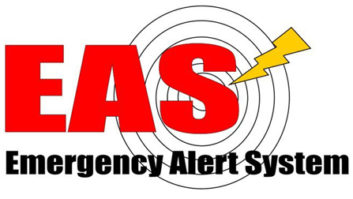“In its present form, the EAS Order does not move us even a step closer to ensuring that our nation’s 25 million multilingual Americans, including children, the elderly, and the disabled, actually receive life-saving information before, during and immediately after an emergency,” said Kim Keenan, president and CEO of the Multicultural Media, Telecommunications and Internet Council.
This response comes days after the FCC announced that it denied the “Katrina Petition,” which aimed to establish that at least one radio station would be responsible for providing information in languages other than English in an emergency situation.
The petition was filed by the MMTC, the Independent Spanish Broadcasters Association and the Office of Communication of the United Church of Christ following Hurricane Katrina in 2005. According to the MMTC, more than 100,000 Louisiana residents who are not proficient in English were not able to get critical information during Hurricane Katrina after Spanish-language stations went off the air.
In a statement from the MMTC, the organization argues that the FCC’s 2006 Katrina Advisory Committee endorsed relief similar to what the Katrina Petition recommended, as well as a reported total of 57 organizations supporting the Petition.
“While the EAS Order instituted a requirement that stations report on any actions they may have taken to ensure multilingual communications in an emergency, there is no requirement for them to actually provide multilingual emergency communications,” wrote Kennan. “As always, MMTC stands ready to collaborate with the FCC, broadcasters, and first responders to define an easy, inexpensive, and efficient method to provide life-saving information to multilingual populations in emergencies.”
The League of United Latin American Citizens’ (LULAC) Executive Director Brent Wilkes was even more critical of the FCC’s denial. “If the people without emergency communications were Anglos in Grosse Pointe, the FCC would have granted the Katrina Petition 11 years ago,” he said in a statement released by the organizations. “The Katrina Petition is critical for the Hispanic community, and we will continue our efforts to ensure that Latinos are afforded the same public safety services as other communities.”
Radio World reported last week on the FCC’s denial of the Katrina Petition, in which the FCC said: “Although we do not find the facts and record support the petitioners’ proposed… rule revisions, we find that the reporting requirements adopted in this item will, by other means, provide information that may facilitate the dissemination of multilingual local, state and national emergency information via the EAS.”









